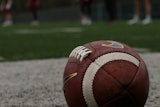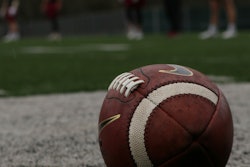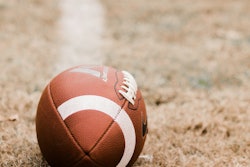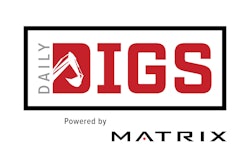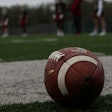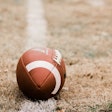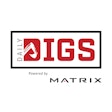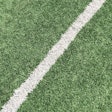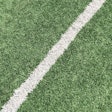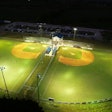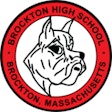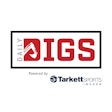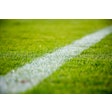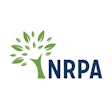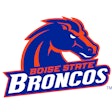An in-depth investigation conducted by New Jersey Advance Media has put FieldTurf, the nation’s leading supplier of synthetic turf, into the hot spot and sparked calls for legal action and further investigation from New Jersey lawmakers. The investigation alleges the company knowingly sold defective turf and attempted to cover up issues related to field failures.
"I urge the attorney general to investigate the matter and the allegations of FieldTurf's deceptive and dishonest business practices further," State Sen. James Beach said in a statement. "We owe New Jersey taxpayers that much."
The NJAM article accuses FieldTurf of intentionally misleading consumers, a claim denied by FieldTurf. In the mid-2000s FieldTurf introduced Duraspine, a revolutionary style of blade made from monofilament yarn fibers, selling more than 1,400 fields utilizing the fiber between 2005 and 2012, when the product was discontinued. During that time, many of the installed fields were failing prematurely.
“In the fall of 2009, I became aware that FieldTurf was starting to receive more warranty claims related to field and fiber performance than had been experienced previously,” Eric Daliere, CEO and president of FieldTurf parent company Tarkett Sports told NJAM in September. “The overall claims incidence, however, remained low and the claims received concerned several different types of sports fields and fiber technologies. At that time, I made it a priority to understand the root causes behind the increase in claims in the different products and fiber types, including Duraspine.”
The problem, according to FieldTurf, was a change in the process used to make the fiber by supplier Royal TenCate. A legal battle ensued, in which FieldTurf alleges the supplier changed the makeup of the fiber, while TenCate alleged that poor installation led to the performance issue. The lawsuit was settled out of court, with neither side admitting any wrongdoing. In 2010, FieldTurf opened its own yarn-manufacturing plant in Germany, as well as its own tufting and coating facility in Calhoun, Ga.
From AB: Synthetic Turf Fields Benefitting from Latest Fiber Technology
FieldTurf has replaced or upgraded 246 defective fields over the past several years, but the NJAM criticizes the company for continuing to use the material after it knew or suspected it was defective, and attempting to downplay the issue. Some field owners have reported no issues working with the company to replace their turf, while others have complained of complicated legal hurdles.
Not all fields installed with the Duraspine fiber have had issues. In the Cleveland, Ohio, area, for example, coaches have overall reported being pleased with the fields. “Our turf is wonderful. I love it,” one coach told Cleveland.com. “No problems with the tearing. We maintain it very well and it's a real prized jewel.”
Others in the synthetic turf industry warn that problems with defective field fibers are not unique to one company, endemic of many manufacturers that utilize fiber produced by TenCate, but as the innovator and largest installer of synthetic fields, FieldTurf is receiving the brunt of the backlash.
Field owners, coaches and athletic administrators need be cognizant of the potential issues present with any synthetic turf field. Problems can arise for any number of reasons beyond the fiber makeup of the field itself — poor installation, improper drainage systems, lax maintenance, etc. Even with proper care, synthetic turf will degrade and require replacement at some point.
If an owner suspects a field isn't living up to expectations, they can contact the field installer or designer regarding an examination, or a third-party consultant. Moreover, field owners should pay close attention to the details of their field warranties — both the expectations for user maintenance, as well as those of the installer and manufacturer.
More from AB: Numerous Decisions Go Into Buying the Right Synthetic Turf Field














